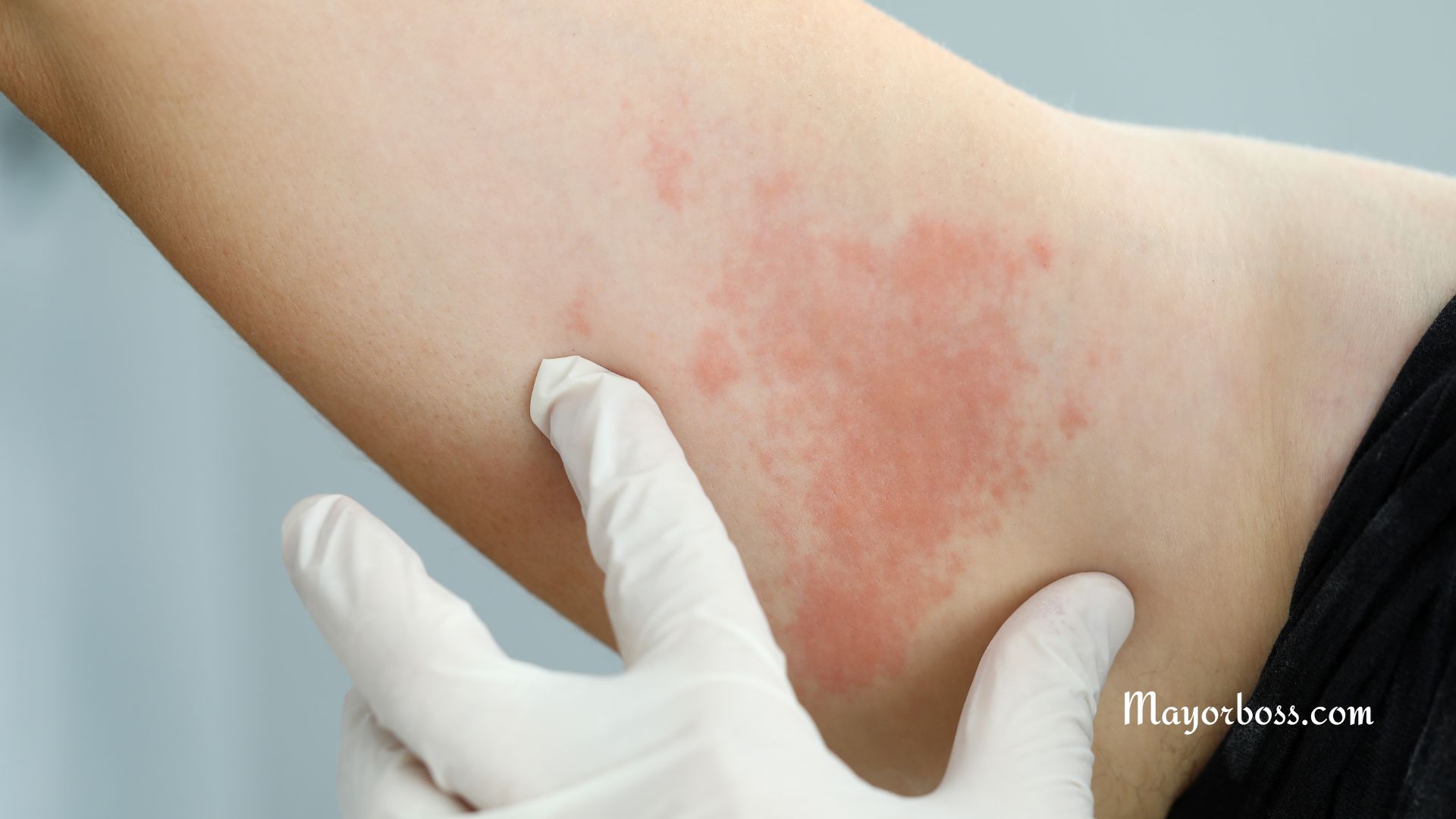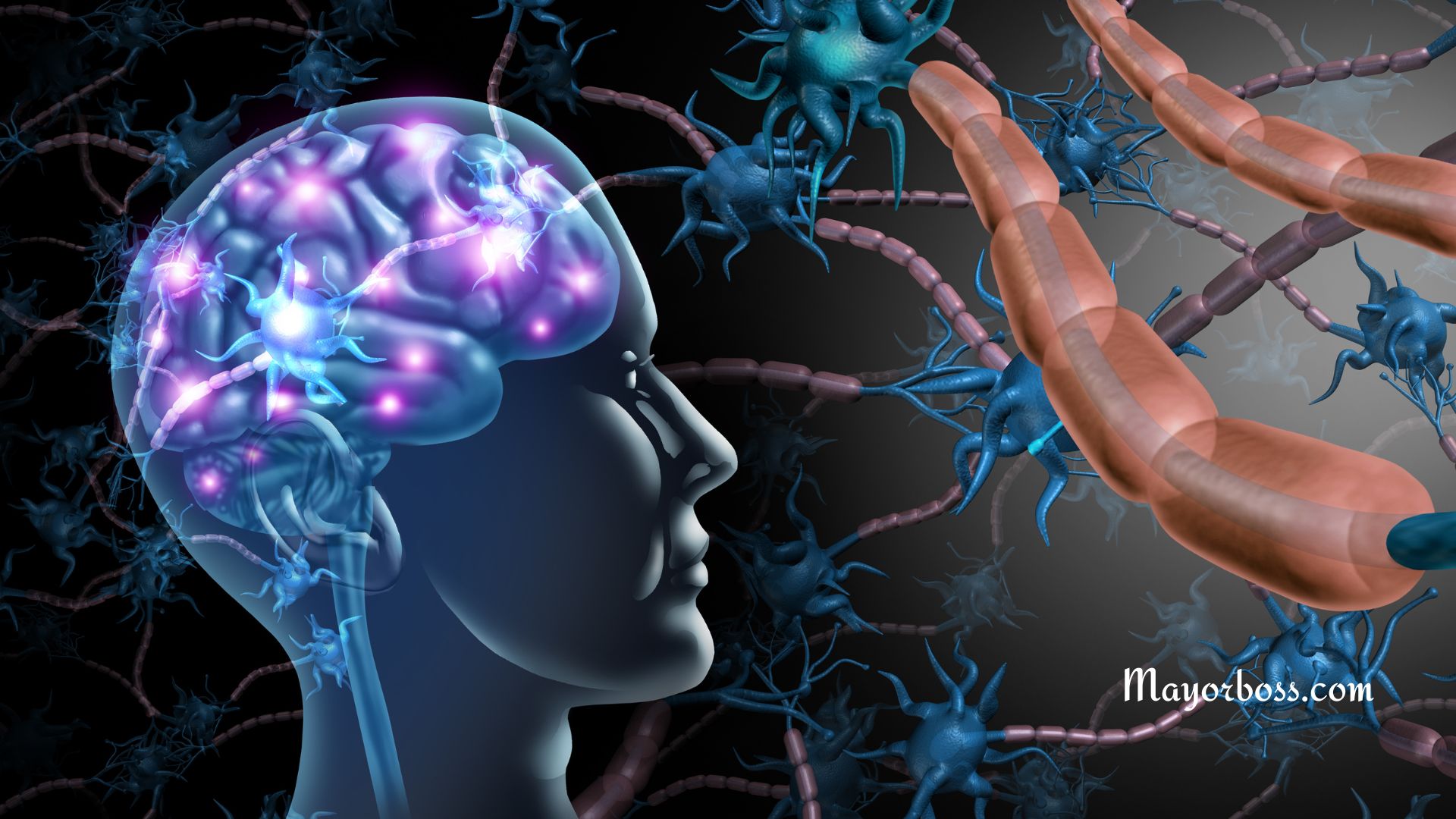What is Histamine?
What is Histamine?
In layman’s terms, histamine is a naturally occurring chemical in your body that plays a big role in your immune system, digestion, and central nervous system. It springs into action when you’re faced with an allergy or inflammation, but it also has a say in stomach acid production and brain functions. Too much or too little histamine can cause a variety of symptoms, from itching and sneezing to headaches and stomach issues.
What Does Histamine Do in Your Body?
Histamine wears many hats in your body. Mainly, it’s a first responder when it comes to fighting off harmful substances. When you encounter an allergen, like pollen or pet dander, histamine is released to help your body defend itself. It opens up blood vessels and makes them more permeable, which allows white blood cells and proteins to quickly reach the scene of the “invasion.
Moreover, histamine plays a vital role in your stomach. It helps produce stomach acid, which is necessary for digesting food. So, while histamine is busy fighting off allergens, it’s also helping you digest that delicious meal you just had.

Why Does Histamine Make You Itchy and Sneezy?
You might be wondering why histamine causes those annoying symptoms like itching and sneezing. In a nutshell, these symptoms are your body’s way of getting rid of the allergen. Histamine signals to your body that something’s not right, prompting you to sneeze, itch, or even produce more mucus to trap the invader.
In addition, histamine can also cause your eyes to water and your nose to run, which can be irritating but is another way your body tries to eliminate the allergen. So, the next time you’re sneezing and itching during allergy season, you can thank histamine for doing its job—albeit a bit too enthusiastically.
How Does Histamine Affect Your Brain?
Beyond its roles in allergies and digestion, histamine has an important part in brain activities as well. It acts as a neurotransmitter—a messenger chemical that helps your brain cells communicate. In this role, it influences your sleep, alertness, and even learning.
According to some research, low levels of histamine can make you feel tired or lethargic, while high levels might make you more alert but can also contribute to anxiety. So, histamine doesn’t just focus on your immune system and stomach; it’s also busying itself with your brain.
What Happens When There’s Too Much or Too Little Histamine?
Having the right balance of histamine is crucial for your well-being. Too much histamine can result in symptoms like headaches, hives, or even more severe reactions like anaphylaxis, a life-threatening allergic reaction. On the flip side, too little histamine might mean poor digestion and even feelings of fatigue.
Antihistamines are medications that can help control excessive histamine levels. These are often used for treating symptoms like allergies and hives. On the other hand, certain foods and medications can help raise histamine levels if they’re too low.
Can Diet Influence Histamine Levels?
Yes, what you eat can have an impact on your histamine levels. Foods like aged cheeses, alcohol, and fermented products are high in histamine. Therefore, eating these foods can increase your histamine levels, which might not be ideal if you’re already dealing with allergies or other histamine-related issues.
Conversely, there are foods that can help lower histamine levels. These include fresh fruits and vegetables, lean meats, and certain types of fish. So, your diet can either be a friend or foe when it comes to managing histamine levels.
Frequently Asked Questions About Histamine
Why Do Antihistamines Make Me Drowsy?
You’ve probably noticed that some antihistamines can make you feel sleepy. That’s because these medications work by blocking the action of histamine, which, as mentioned earlier, plays a role in alertness and wakefulness in the brain. When you take an antihistamine, it not only stops the itching and sneezing but might also dampen your brain’s wakefulness signals, making you feel drowsy.
Can High Histamine Levels Cause Digestive Issues?
Absolutely, high levels of histamine can mess with your digestion. Histamine helps produce stomach acid, which is good for breaking down food. However, too much histamine can lead to excessive stomach acid, and that might cause problems like heartburn or indigestion. If you’re experiencing these symptoms, it could be a sign that your histamine levels are out of whack.
Is it True That Some Foods Can Trigger Histamine Release?
Yes, you heard that right. Some foods are more likely to trigger a histamine response in your body. These are often foods that are fermented or aged, like certain cheeses, wines, and cured meats. When you eat these foods, your body might release more histamine, which could amplify your symptoms if you’re already sensitive to histamine.
How Can I Naturally Lower My Histamine Levels?
Good question! If you’re looking to naturally manage your histamine levels, your diet is a great place to start. Foods rich in vitamin C, like oranges and strawberries, have been shown to help lower histamine levels. Quercetin, found in apples and onions, is another natural antihistamine. Exercise can also help, as it releases chemicals that counteract histamine. So, a balanced diet and regular physical activity can go a long way in keeping your histamine levels in check.






